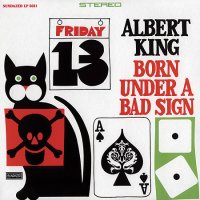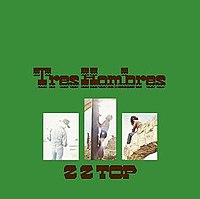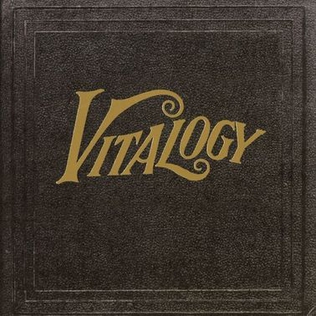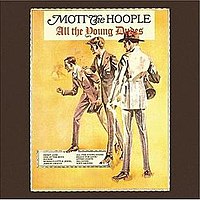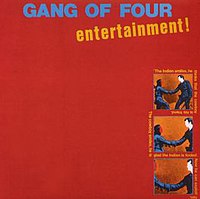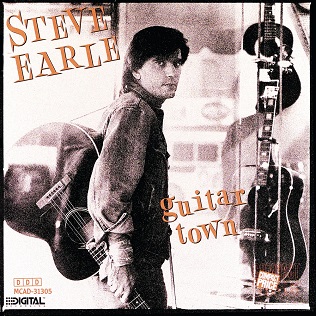It's been 51 weeks since I started this project. It started as a test of baby boomer logic and my own discipline and it ends as a repudiation of the former and a confirmation of the latter.
I made it through the entire list, though somewhere my piece for "Armed Forces" got lost in the Internet. I'll rewrite it within the next week. Nevertheless, I got through about 490 records (after considering help from Padraig, Taft and Ellen) in under a year.
What did I learn? I learned that this type of list is ridiculous. We live in a culture wherein we rank everything constantly for no reason other than we need to fill column inches and TV time. The Web has followed suit with a constant barrage of 10 best this and 10 best that. It's an odd cultural entry to a variety of content, which is good. But, it also discourages serious criticism and analysis.
Gone are the days of the pullout stories and in its place are shorter pieces. I'm not one of the dinosaurs who laments these stories; this is the nature of information in 2008. I'm cool with that. Hell, I'm a Web producer by profession. But, I do appreciate great in-depth writing and we have lost a lot of that in the mainstream press.
Of course, I'm a total hypocrite being that none of my reviews are particularly in depth. But my point is mostly that these lists are an easy way to generate a lot of copy.
---
I mentioned above that the list has problems with the term "great." Like the MVP in sports, "great" is essentially meaningless. It could mean influence on other bands, it could mean records sold, it could mean groundbreaking sounds. It could mean any combination of those factors.
I've spoken a little about records that need to be on the list in lieu of some of the lesser albums (Quicksilver Messenger Service, for example). I'll just throw some more out there now with the caveat that this list is horrible incomplete.
- Something by Mariah Carey. If only because Carey's vocal style is the most imitated in all of music. If Whitney Houston is there, Mariah needs to be there.
- Anything by Garth Brooks or the Dixie Chicks. Country music, especially popular country, is wildly popular and not represented on the list.
- Any music not from Britain or the U.S. This is a little more abstract, as the list doesn't make any claims about putting "world music" on it, whereas there are definitely jazz and country records there. Still, it'd be nice to see some Fela Kuti on there.
- More jazz. Simple as that.
- Anything by the Foo Fighters. I actually don't like the Foo Fighters, but I do think they're one of the bigger bands of the past 15 years and at least as important as the last few Springsteen and Dylan records on the list.
- Something by Tupac Shakur. Tupac is rightly considered one of hip hop's greatest MCs and he is not represented on this list.
This is not counting my particular bent of having more indie rock and metal on the list (two genres I enjoy).
---
So... What now?
Despite suggestions, I am not going to tackle another list anytime soon. No AFI movie list, no RS 500 songs list. It's just too much work in too little time for me.
I haven't finalized what I'll do, going forward. I've got some ideas, but in the interim, I'll simply be writing some small reviews like the unlisted stuff from this site.
Obviously, thanks to everyone who has read, commented and helped with the project. It has been a blast and I've learned a ton.


